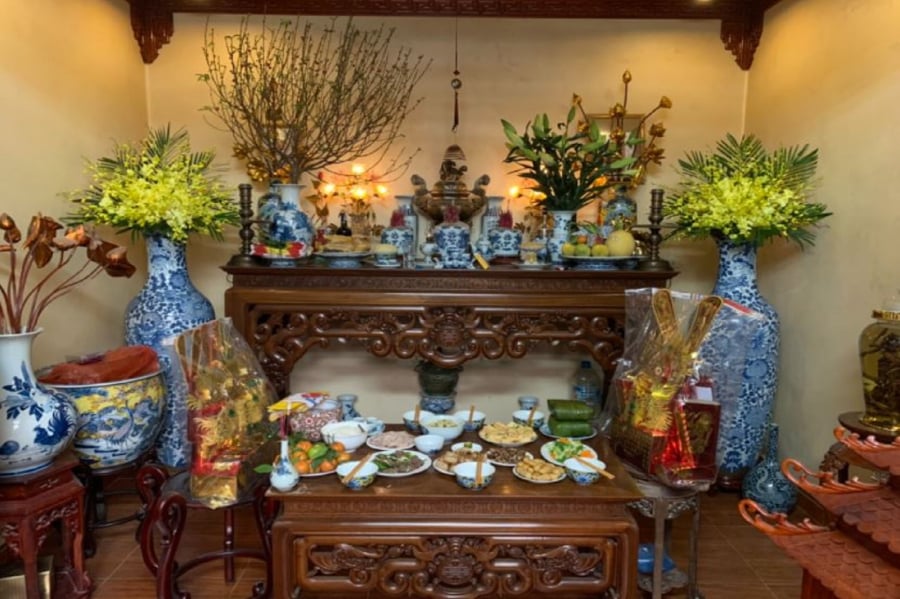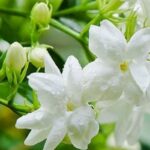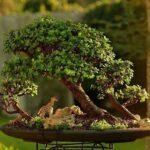The ancestral altar is a sacred space that symbolizes reverence and piety towards ancestors and deities. To maintain the purity and solemnity of this area, the arrangement of objects on and below the altar is of utmost importance.
Here is a list of items that should be avoided beneath the altar to prevent negative influences on the family’s spiritual and Feng Shui well-being:

Ancestral Altar
1. Damaged or outdated items
Damaged or outdated household items, no longer in use or showing signs of deterioration, not only detract from the aesthetic value but also harbor negative energy. Placing these items beneath the altar diminishes the sanctity and spirituality of the worship space and may hinder prayers for blessings and protection from ancestors.
2. Garbage or discarded items
Garbage, or any item meant to be discarded, symbolizes impurity and negative energy. Placing garbage or discarded items under the altar severely impacts the Feng Shui of the worship area. It not only undermines the solemnity of the space but also creates a sense of discomfort and disrespect towards the revered deities and ancestors.
3. Electronic devices
Electronic devices such as computers, phones, TVs, or any other electromagnetic wave-emitting devices should be avoided beneath the altar. These devices emit electromagnetic waves that can interfere with the positive energy within the worship space. Additionally, their presence undermines the solemnity of the area and may distract from the focus required during religious rituals.
4. Stale or unappetizing food
It is inappropriate to place stale or unappetizing food under the altar. This practice not only affects hygiene but can also cause spiritual discomfort. Stale food loses its value and the respect intended for the ancestors. Instead, ensure that offerings are fresh and clean when placed on the altar.
5. Inappropriate Feng Shui items
While some Feng Shui items may bring positive meanings, not all are suitable for placement under the altar. Objects symbolizing conflict or warfare create spiritual disharmony. Opt for items that symbolize peace, prosperity, and happiness to maintain a vibrant and harmonious worship space.
Paying attention to these items to avoid beneath the altar is essential to safeguard the sanctity of the space and maintain good Feng Shui. Keep the altar clean, tidy, and solemn to demonstrate reverence and respect for your ancestors and deities.
“The Jasmine Conundrum: Why These Four Individuals Should Avoid Growing Jasmine Indoors”
Captivating the senses with their delicate fragrance, jasmine flowers are a delightful addition to any home. However, it’s important to note that this seemingly innocent flower may not be suitable for everyone. In fact, there are four distinct groups of individuals who should avoid growing jasmine, as its presence could potentially spark unexpected consequences. Uncover the secrets behind this flower’s impact and why it may not be as harmless as it seems.



































